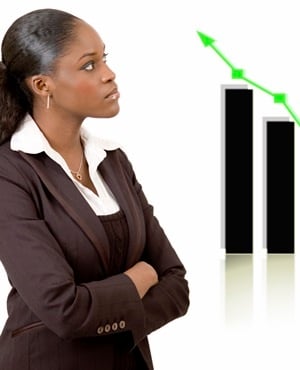
Once upon a time there was a young woman named Manche Masemola.
She stood her ground in her conviction for social, cultural and religious justice.
In her final words as a teenager, she said briefly: “I will be baptised with my blood.”
To date the world continues to remember her from the different corners of communities.
Masemola was a South African Christian martyr. She died at the age of 15, in February 1928.
I facilitate social inclusion programmes that bring youth across gender, race, and class together to bridge their differences and build communities through the core values of open-mindedness and understanding.
Now and then, during my practice, I encounter peculiar behavioural patterns shaped by environmental contexts that need communal attention to be resolved.
These include systematic shifts of the perception of the entire community – women and men – to adopt a more inclusive and holistic approach to development.
Hence, empowerment and advocacy need to go hand-in-hand.
Economically empowered women are the embodiment of what change can look like for their community.
Female social entrepreneurs are living proof of women’s ability to participate in the economic process while enhancing social capital.
Change must happen not through other people, but organically within the members of the community themselves.
Because we don’t live in ideal communities, we must challenge ourselves to use both material and immaterial things to work towards achieving our set long-term national agenda.
And this will happen when women are given the chance at appropriate and relevant platforms to be able to unleash and realise their potential and self-worth and restore their dignity.
It will be beyond the output of enabling women to self-finance their families, but to shift the perception of fathers, husbands, brothers and certainly all men to engage more women to participate in the economic and social sphere. It will change family dynamics.
Women will gradually have more decision-making and financial power in the household; more girls will be sent to schools; domestic violence will be eliminated; maternal and child mortality rates will be reduced; and fertility rates will be lowered.
It will spark a ripple effect in an organic manner that will shift perceptions towards greater gender equality on a systematic level. Dare I say, if former US President Barack Obama could, we too, can do it!
To realise this vision, we need to constantly use innovative methods and tools to organise ourselves as people in communities, and bring together everyone (high school pupils, university students, artists, engineers, non-profit professionals, public officials and business professionals) to participate in cross-disciplinary collaborations.
We need to continuously promote the human-centred design thinking approach, which is a form of social innovation, to generate feasible solutions to solve our social issues in our communities.
President Cyril Ramaphosa said that “the country needs national healing”.
In order to make this healing process a success, we all need to ask ourselves the difficult questions: What is my/your/our outrage? What is an issue that me/you/we have always cared about?
We need to develop a sense of self-knowledge of who we are, what our values, beliefs and strengths are in order to facilitate our inner capacity to transform change in the outer world.
It doesn’t matter what we do, as long as we align our beliefs with our passion and expertise.
Then identify where we can fill in the gap within the wider society for that process of change to happen.
We need to nullify the mythology that social entrepreneurs have to be founders because as research shows, people will eventually participate in the remaking of the field of social entrepreneurship when the value proposition is worthwhile.
There is room for everybody. The bottom line is to do something we love, which will sustain our perseverance and strength to master it.
We need to continue engaging in our communities and we’ll ultimately further our personal and communal growth.
Because personal development and social progress is a mutually reinforcing process, we cannot exist without the other.
Everybody matters in the process of nation building as envisaged in the National Development Plan 2030 Vision of South Africa.
• Koketso Marishane is the National Development Plan 2030 Vision Ambassador, founder of Marishane Youth Development Forum and writes as a concerned citizen.




 Publications
Publications
 Partners
Partners








